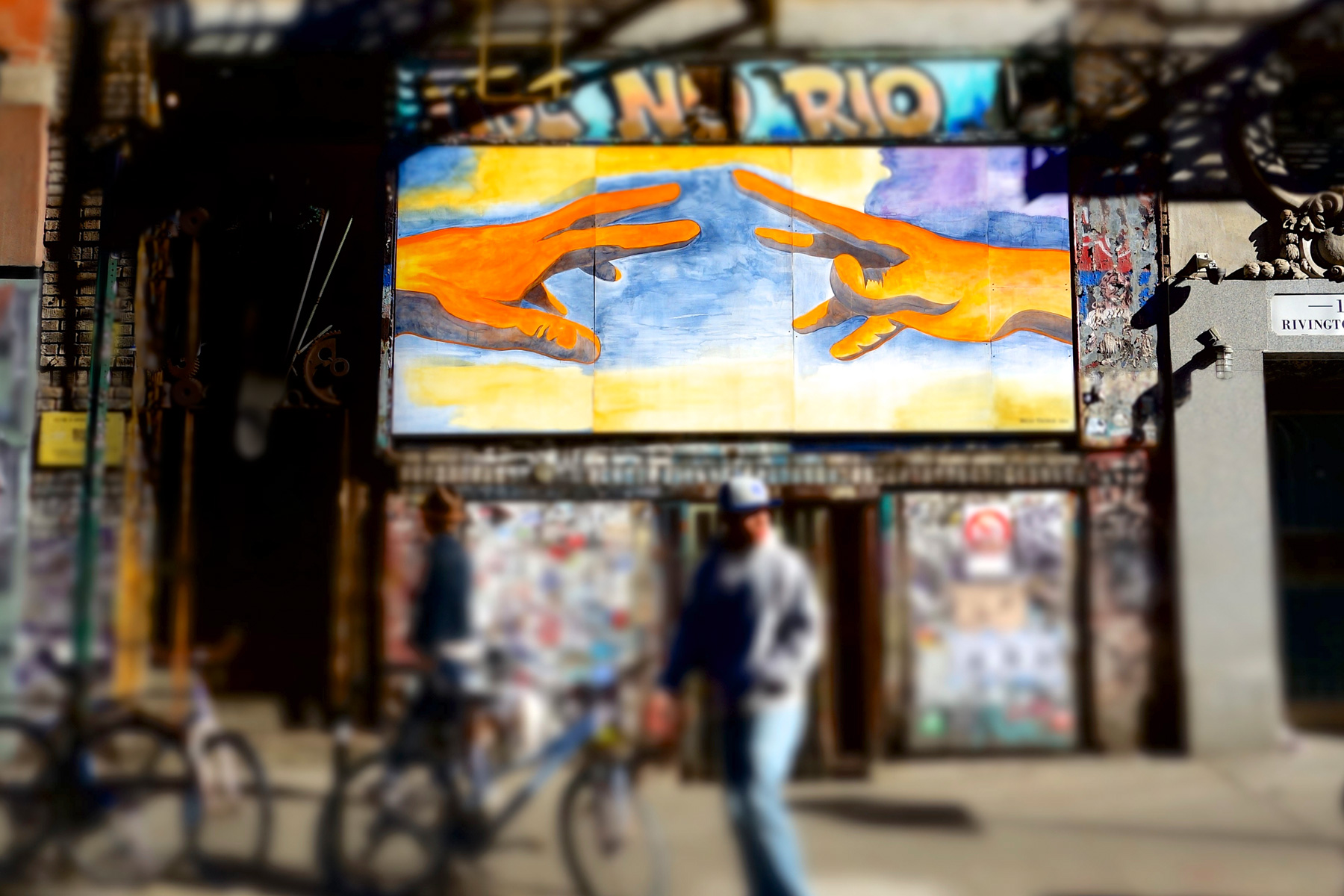Translated from the spanish original written by Leonard Glab Frontera
Table of Contents
We don’t talk enough about peace.
Peace is not something that can be achieved or win. It is something that we simply must not lose.
Perhaps because we believe it is guaranteed, or because it is invisible. Unfortunately, war has images, noises, screams, numbers, uniforms, heroes and graves. Peace, on the other hand, cannot be seen until we consciously make it visible. It lives in everyday life: in a conversation without fear or in a free and open school.
Important: Peace should not be the absence of war. And peace is not a simple state, but a decision.
My grandparents, but also my father, did not talk much about the past. Just a few words, a gesture that was interrupted, a glance away. Peace, for them, was not a utopia. It was the least that time could offer them. The right to sleep peacefully. To live without expecting bad news.
What did they say?
The writer Robert Musil spoke of the sense of the possible, that human capacity to imagine what does not yet exist. Perhaps peace is precisely that: a possibility, not a state. Something we must choose every day, even though we know it can disappear at any moment.
Hannah Arendt did not understand peace as the mere absence of violence, but as the beginning of responsibility. The responsibility to act with others and to think with others in order to share the world without nullifying those who are different. The space where healthy and true politics begins, in its noblest form: as a dialogue between equals. Peace is what makes it possible for power to arise from consent, not from fear.
On the other hand, Stefan Zweig, from exile, wrote that he had lived through the collapse of all certainties. He saw how Europe was falling apart, how trust was being lost, how words were being broken. He said, “Culture can only flourish in peace. Without it, everything that gives meaning to life disappears. Libraries burn, ideas are silenced, music falls silent.”
And then there is Nelson Mandela, who spent twenty-seven years in prison. Isolated. But when he came out, he did not cry out for vengeance. He extended his hand to his jailers. Not because he had forgotten, but because he understood something deeper: without forgiveness, there is no lasting peace. And without peace, there is no country. Mandela knew that peace is not the end of conflict, but its transformation; it is not weakness, but wisdom.
What is the benefit of peace?
One might ask: What do we gain from it? What is the benefit of peace?
Perhaps it is this: that in times of peace, people can simply be people. Not enemies, not soldiers, not victims. Just people. That children can learn and that words carry more weight than weapons. That someone can write, love, and build without fear. That we can grow old without being forced to kill or flee.
War gives us martyrs, flags, speeches. Peace gives us time. It gives us memory. It gives us our freedom.
And when we look back one day, what we will regret is not the peace we had, but the exact moment we stopped defending it.
Because peace is not something that can be won. It is something we simply must not lose.


